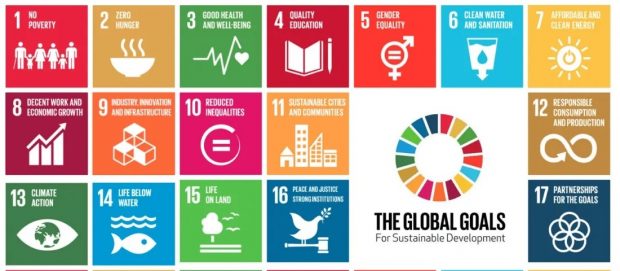The ABCs of Sustainable Development Goals and Sudan’s situation

By Dr. Hassan Humeida
Kiel, Germany
- introduction
The Sustainable Development Goals (SDGs) were formulated as an extension and follow-up to the Millennium Development Goals during the tenure of the United Nations Secretary-General the late Mr. Kofi Annan (Ghana).
These goals were adopted during the 70th session of the United Nations General Assembly on September 25, 2015 in New York, chaired by the then Secretary-General of the United Nations, Mr. Ban Ki-moon (South Korea).
This was done in the presence of the heads of government and diplomatic representatives of 193 countries, the permanent members of the United Nations.
The 17 SDGs and their 169 targets come after the Millennium Development Goals (MDGs) that included eight goals, 21 targets and 63 indicators and ended in 2015.
The SDGs extend their validity and complement them as a joint international effort by member states for global development in a different and expanded form, compared to the Millennium Goals.
The SDGs, as agreed in 2015, will be achieved by 2030. In order to ensure the appropriate implementation of these goals, also known as the 2030 Agenda, a meaningful, fair and effective contribution is required from all developing, emerging and industrialized countries.
The Sustainable Development Goals, as a global project, are based on three fundamental pillars. These pillars consist of the environment (the biosphere), society (the social environment), and the economy (the economic environment).
When adopting the 2030 Agenda, the greatest focus was on the following five core messages: people, planet, prosperity, peace and partnerships. Therefore, the member states of the United Nations must work together to achieve this through the global efforts of all member countries by 2030.
For global sustainable development, its main goals represent an important tool for joint local and international action.
There are now less than seven years left to achieve these 17 goals partially or fully.
This means that all countries are currently under time and financial pressure to achieve some of, or all, the goals announced years ago.
These countries include Sudan, now engaged in a brutal war that is destroying everything on its land at a time when the rest of the countries are busy preparing their people to face the human and natural challenges of the future.
email: hassan_humeida@yahoo.de





















































